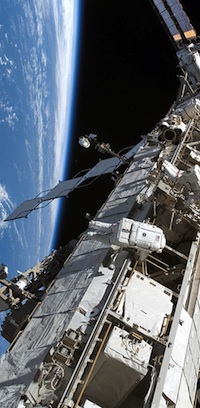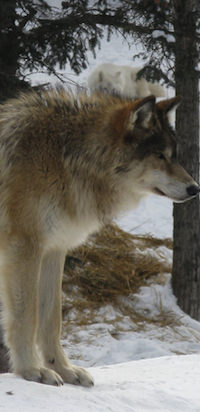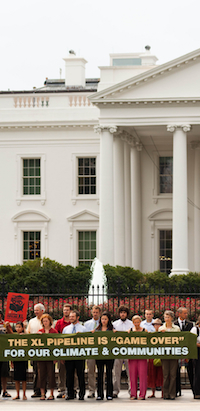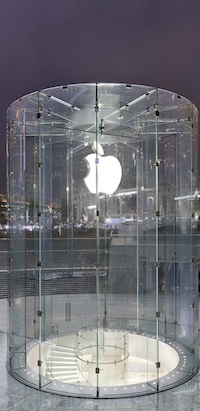
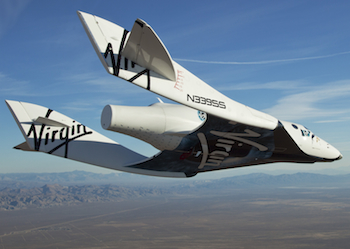 A new report says a growing space junk problem could endanger satellites, the International Space Station, and other manned spacecraft.
A new report says a growing space junk problem could endanger satellites, the International Space Station, and other manned spacecraft.
The National Research Council studied NASA's efforts to limit space debris, including discarded rocket stages, junked satellites, and other human-made objects still orbiting Earth. The danger they pose could grow exponentially as colliding debris shatter into multiple pieces, but budget constraints and legal complexities mean cleanup will be difficult.
International laws treat property in space differently than property on Earth. These laws may hinder efforts to curb space debris. For example, in the ocean, an abandoned ship is considered fair game for anyone to take. In space, however, whoever launched a satellite retains ownership and responsibility for it. If the United States were to remove a broken, potentially dangerous, satellite that was launched by another nation, it could be breaking international law. Tackling space debris is not just a scientific and technical challenge but very thorny politically as well.
What's next: NASA will respond to the research council's report, so it will be interesting to see if that results in any new initiatives regarding space debris. Over the long term, I'll watch for interesting, feasible ideas for technologies that might be able to reduce the amount of junk in Earth's orbit.
Notable quote: “We have passed the threshold where, even if we add nothing else to orbit, the amount of debris could continue to increase as a result of random collisions between fairly large objects.” — Donald Kessler, retired head of NASA's Orbital Debris Program Office
Read more
- Space Junk Problem Is More Threatening Than Ever, Report Warns [By Clara Moskowitz, Space.com]
- Space Junk Forces Astronauts to Take Shelter in Russian Spaceships [By Clara Moskowitz, Space.com]
- U.S. 'Decades Behind' on Space Debris Threat, Official Says [By Clara Moskowitz, Space.com]
- Space Stations Brush with Space Junk Highlights Growing Threat [By Mike Wall, Space.com]
- Space Junk Rivals Weapons as a Major Threat [By Jeremy Hsu, Space.com]
- Space Junk Cleanup Poses Grand Challenge for 21st Century [By Leonard David, Space.com]
- Ugly Truth of Space Junk: Orbital Debris Problem to Triple by 2030 [By Leonard David, Space.com]
The most surprising thing about space junk is how little can be done about it. There are some theoretical approaches, but there's no telling how practical they'll be. It may turn out to be more economical to start putting satellites in an entirely different orbital plane and abandon the satellites that are already in place. As a result, current satellite designs might have to drastically change to avoid the junk and still function well enough to provide similar results in less-than-ideal orbits.
Danger zone: What's underreported about space junk is how dangerous it is. I think that's because everyone calls it "space junk" instead of something more accurate — like space shrapnel.
Wake-up calls: What we should be ready for is a disaster or near disaster that would cause real concern, like a collision with a manned spacecraft or an important communications satellite. That's what it's going to take to draw attention to the problem.
Read more
| Tweet This Page |


